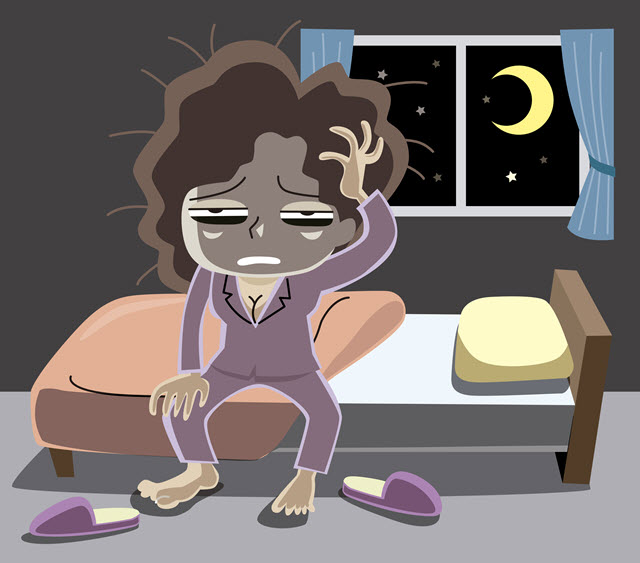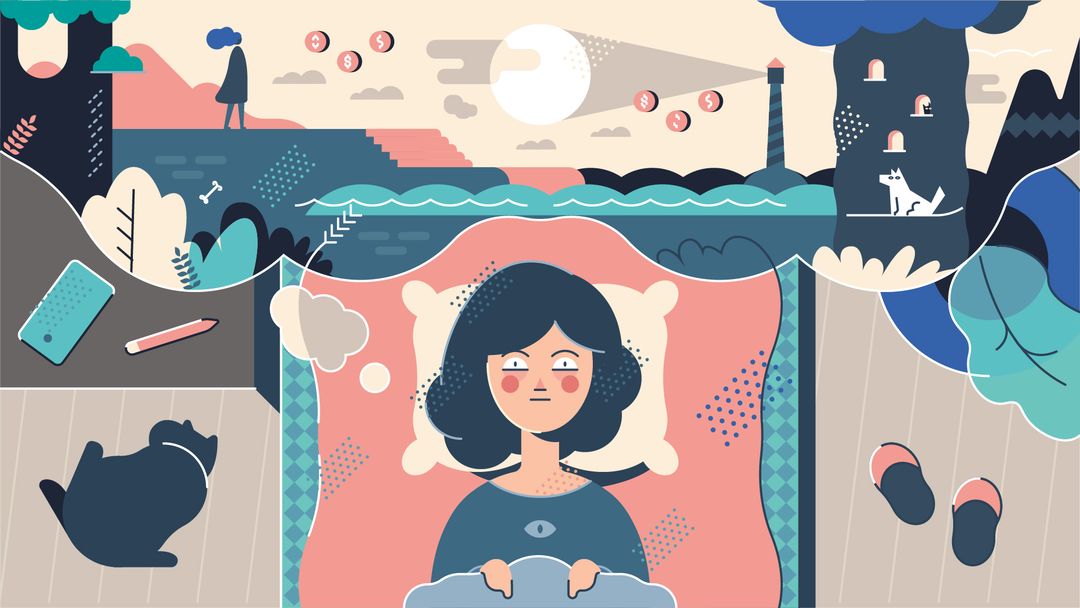
This condition is distinguished from sleep deprivation caused by external circumstances, such as long work hours, loud noises, or waking up with an infant. To be diagnosed with this type of disorder, your sleep issues must meet specific criteria.įirst of all, people with insomnia experience sleep disturbances despite giving themselves plenty of time and opportunity for sleep. In other words, it’s a condition that causes disruptions in your sleep-wake cycle that reduce the quality and amount of sleep you get.
INSOMNIA SYMPTOMS MANUAL
The Diagnostic and Statistical Manual of Mental Disorders, 5th Edition (DSM-5) defines insomnia as a sleep-wake disorder.

In some cases, sleeplessness is triggered by stress or a traumatic event.

Some sleep conditions can be impacted by other mental health or medical conditions.

This type of disorder can involve difficulty falling asleep, issues maintaining sleep, or early-morning awakening with the inability to return to sleep. When symptoms persist for less than one month, the disorder is called short-term or acute insomnia. Chronic insomnia describes symptoms that occur on more than three nights a week for three months or more. It’s usually divided into two categories depending on how long symptoms last.


 0 kommentar(er)
0 kommentar(er)
